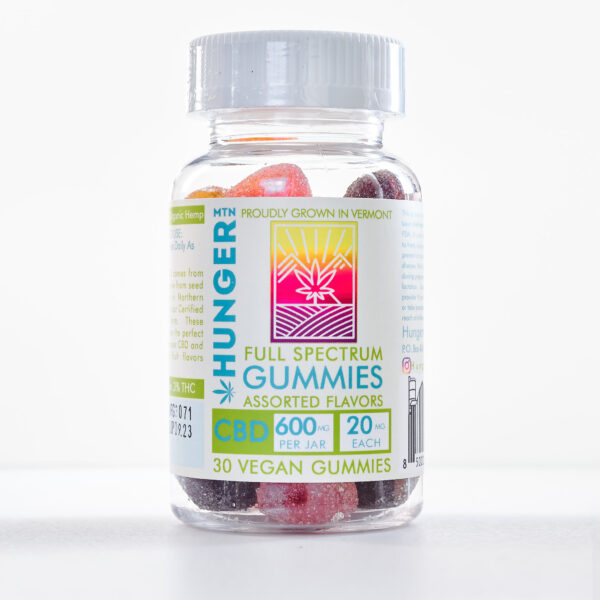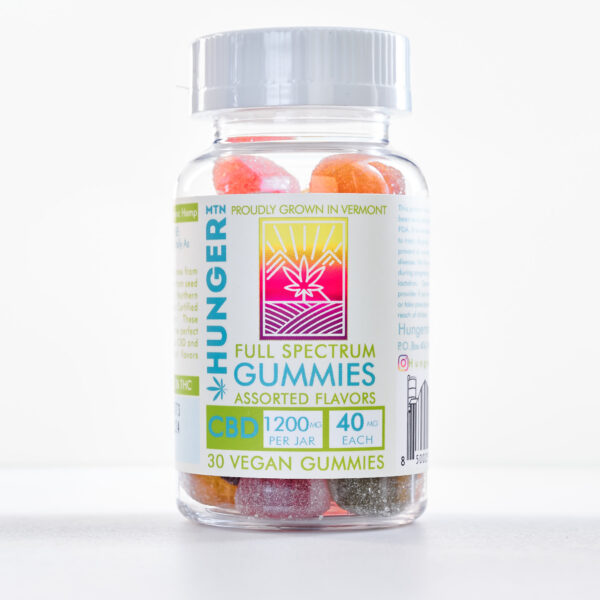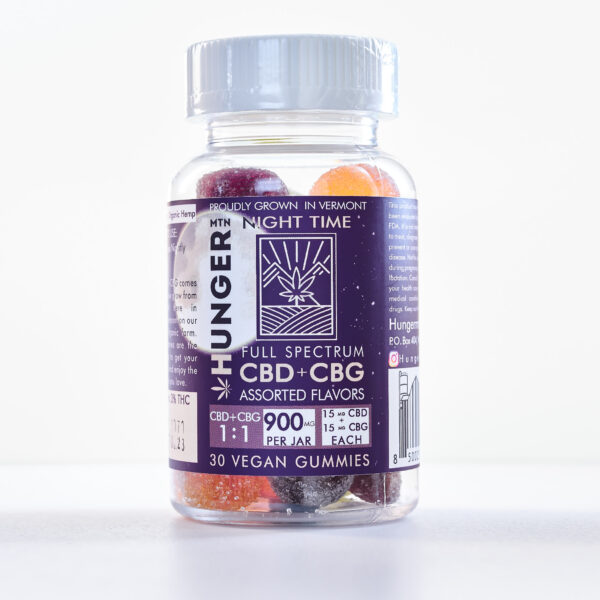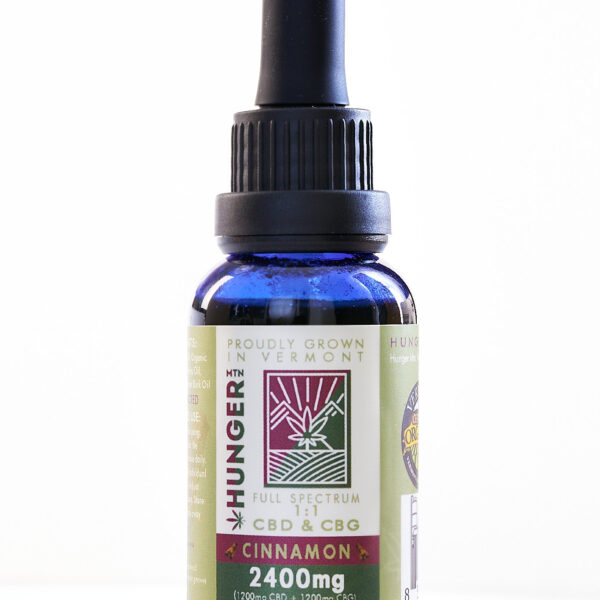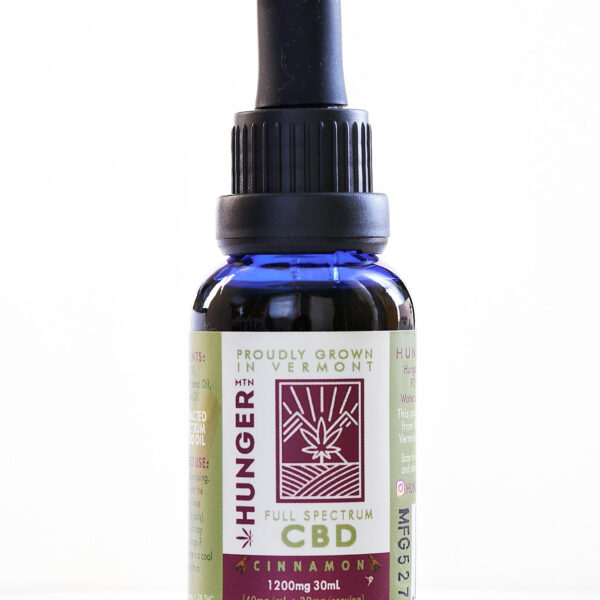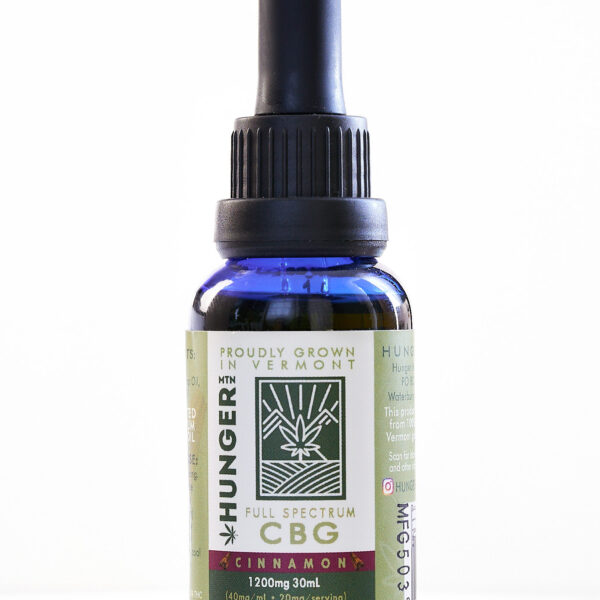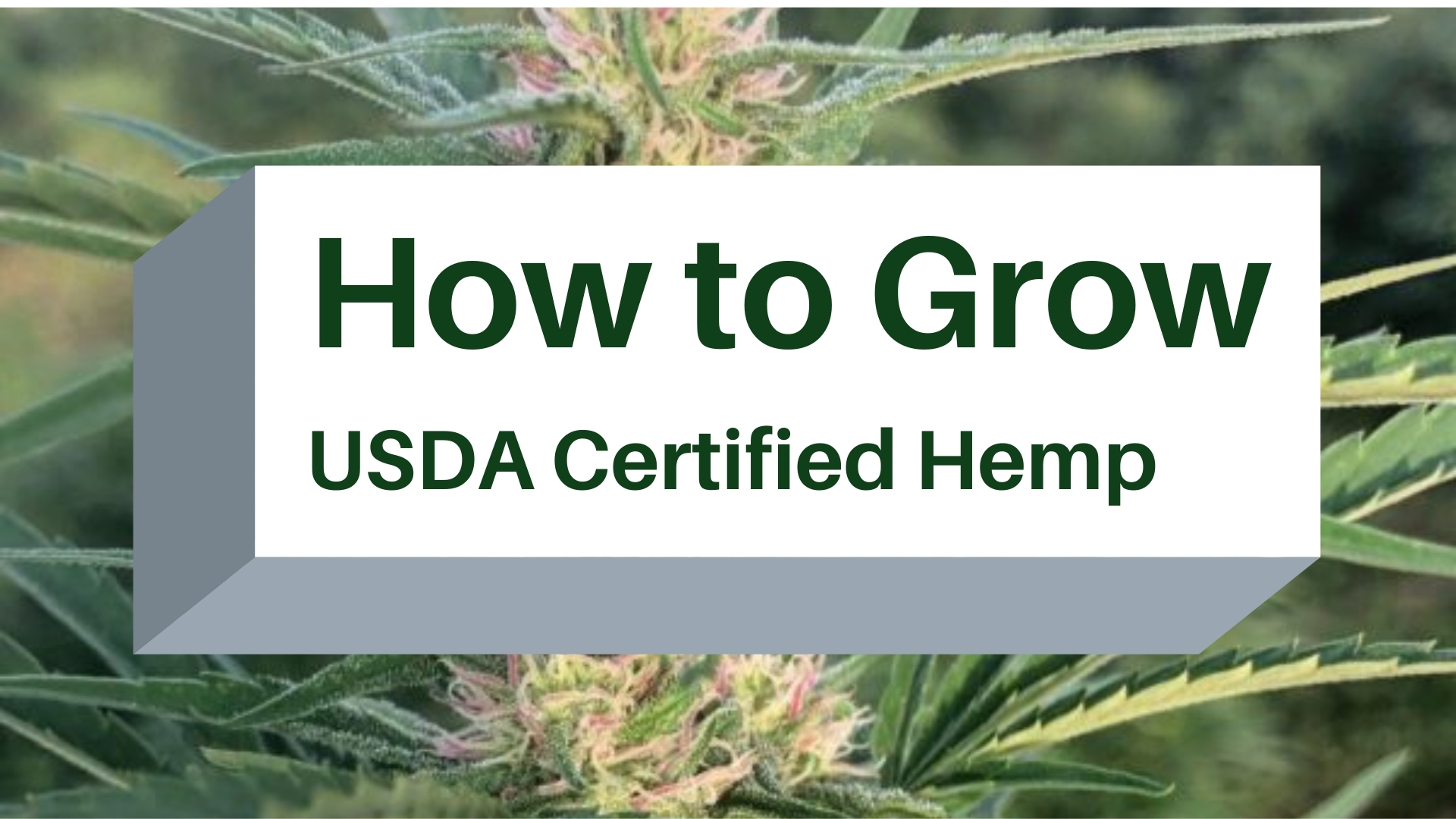
When it comes to CBD products, organic CBD products have grown to be some of the highest sought-after, and for good reason. Organic growing practices always speak to the end quality and safety of the product.
Here at Hunger Mountain, we’re all about organic practices—that’s where we started and where we fully intend to stay. One question we tend to get a lot is: What actually goes into growing USDA Certified Organic hemp?
Due to the passage of the Farm Bill in 2018, hemp can be certified as organic alongside other primary crops used for human consumption. We’ve pulled together a few of the specifics, so you know just what you’re getting when you purchase CBD oil made from organic hemp.
STRINGENT SOIL CONSIDERATIONS
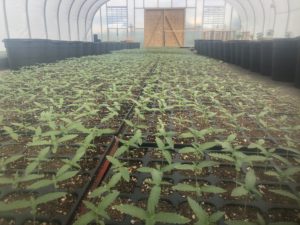
In order for hemp to be considered organic once it has grown, the ground that hemp was planted in must be free of prohibited substances. According to the USDA, the soil must not have been exposed to prohibited substances for at least 36 months prior to seeding. This means that farms previously used to grow non-organic crops or that boast ground that has been treated with certain agents cannot be used to grow an organic product before three years have passed.
NO SYNTHETIC PESTICIDES, FERTILIZERS, OR HERBICIDES USED DURING CULTIVATION
Perhaps one of the biggest challenges of growing organic hemp is doing so without the help of synthetic pesticides, herbicides, or fertilizers. Only certain approved compounds and methodologies can be used for things like:
- Deterring insects
- Preventing a crop from being taken over by weeds
- Giving nourishment to the plants
Of course, even though these restrictions can make the cultivation of organic hemp more of a challenge, the end result is a plant that is free of agents that could pose certain risks to human health.
ENVIRONMENTALLY MINDFUL CULTIVATION PRACTICES
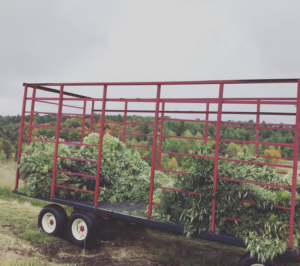 Cultivation practices used to grow and harvest organic hemp are meant to support the long-term benefit of sustainability. Therefore, everything from tilling the ground to harvesting plants must be done in a way that minimizes the impact on the natural environment. For example, practices that would encourage soil erosion or groundwater contamination in the cultivation area would be prohibited on an organic hemp farm.
Cultivation practices used to grow and harvest organic hemp are meant to support the long-term benefit of sustainability. Therefore, everything from tilling the ground to harvesting plants must be done in a way that minimizes the impact on the natural environment. For example, practices that would encourage soil erosion or groundwater contamination in the cultivation area would be prohibited on an organic hemp farm.
CAREFUL MONITORING
Any hemp grower that commits to following organic growing practices truly signs up to take part in a critical process. Growing organic hemp is not just about those initial efforts to meet regulations; every aspect of the cultivation process has to be documented, and you have to be open to on-site inspections pretty much at any time. The USDA can stop in and inspect everything from soil conditions to contamination risks at any time.
HOW TO OBTAIN USDA CERTIFIED ORGANIC CBD OIL
Growing organic hemp is one thing, but creating an end product from that hemp that maintains that “organic” designation is another. A CBD company can say they have created their product from USDA-certified organic hemp. However, they can’t say they are selling a USDA-certified organic CBD product unless all ingredients in that product meet the aforementioned criteria and the CBD itself is created through designated extraction processes that are also considered organic.
For example, if a CBD oil is created with organic hemp cannabinoids and coconut oil, then the CBD must have been extracted in a certain way and the coconut oil used must also be a certified organic ingredient. Otherwise, the end product—the CBD oil—can’t be specifically labeled as USDA-certified organic. The product can only state that it was created from USDA-certified organic hemp. For now, this is why it is extremely difficult to obtain the approval to create a full-on USDA certified organic CBD oil.
FIND HIGH-QUALITY CBD PRODUCTS MADE FROM VERMONT-GROWN ORGANIC HEMP
When the hemp that is used to create CBD products is carefully cultivated in ways to abide by the USDA’s regulations on organics, you know the end product is one that offers quality and assurance. Take a look at our collection of CBD products, including CBD oil, CBD gummies, and more, all of which are created with USDA-certified organic hemp grown right here in Vermont.


